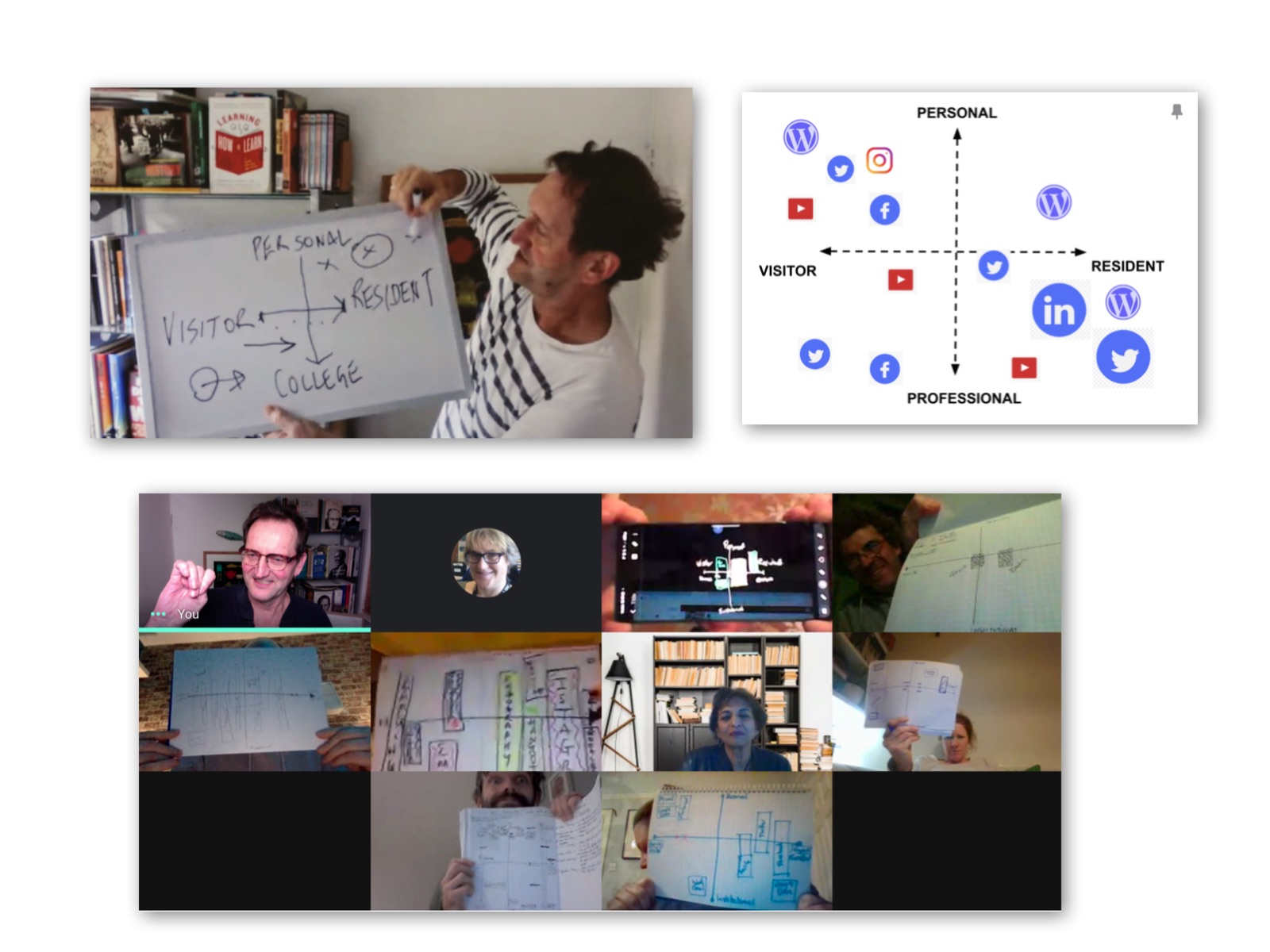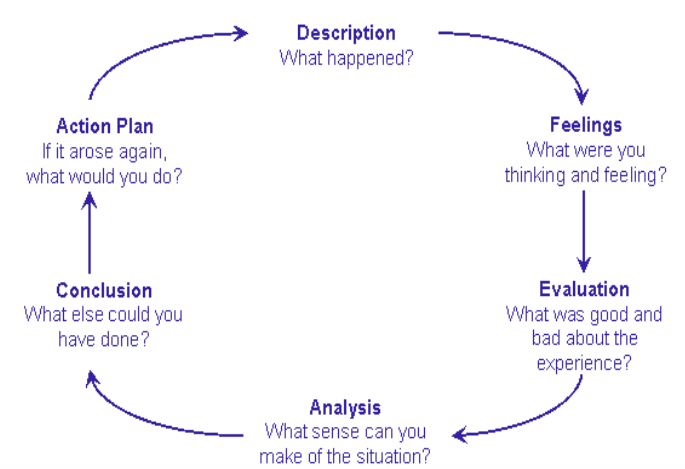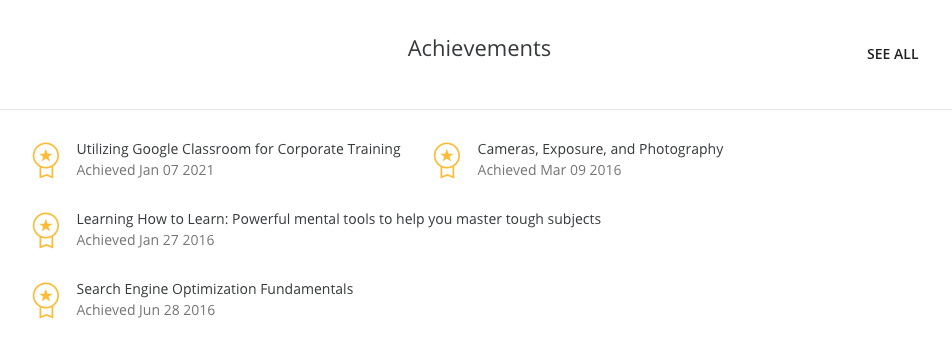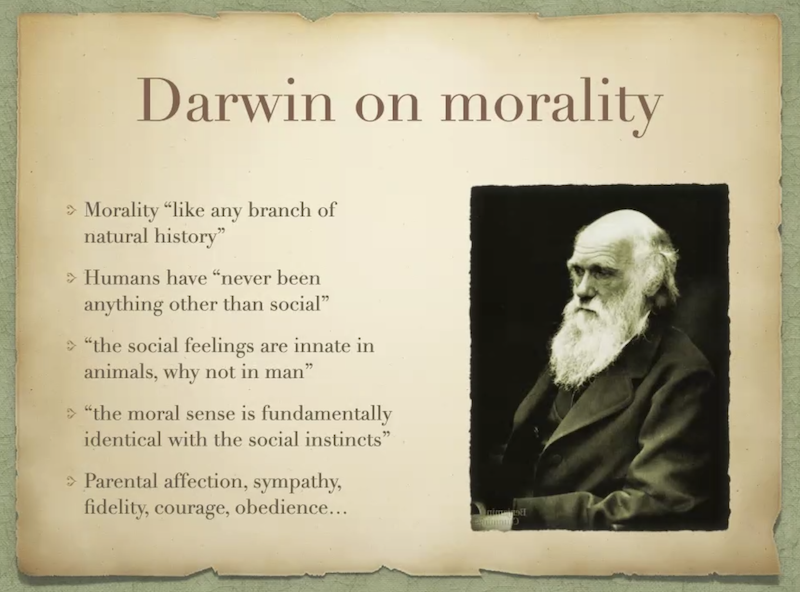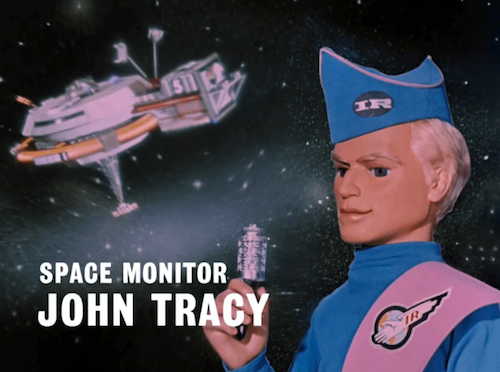This is my teaching bible. These are my notes. Somewhat cryptic but I have my favs. These are quote ready so that as I write or reflect on my practice I have the right words and person to hand. Where I have picked out the full reference to a book it is because I plan to dig further - to get that book if I don't have it already.
I have truly found this process transformative. All kinds of teaching in the widest sense of the word have improved - we humans are by default teachers and learners. How else have we got to where we are? Writing a blog on a distance learning website rather then sniffing about in the bushes all day for something to eat.

Classical Learning Theories (p.1)
Plato ‘nature’
Aristotle 'nurture’
- Behaviourism - react to stimuli
- Cognitivism - individuals create, rather than receive knowledge
- Humanism - the individual and the nature of learning
Being Socratic (p.9)
Never be afraid to make mistakes
Try to avoid giving out too many answers
Have the clase share their wisdom
Plato (p.10)
It is in a learner’s nature to behave in the manner that they do.
Aristotle (p.12)
Examine, interpret, self-expansive and develop self-belief.
Tips for the Class:
Nature (p14) vs Nurture
Biologists - Behaviourists
Nietzsche (p.18)
What is personal to the student matters
What a student currently believes is important
Learning is an active process
Dewes (p20)
Learners should be provided with quality experiences that engage and build their existing experiences.
Shared thinking and reflection should be the cornerstone of teaching.
Sartre (p22)
Education to understand who you are and your version of reality
It's a mistake when you blame it on fate and not on yourself
Freire (p.24)
Build on the language, experience and skills of the learner.
Story of Jane Elliot teaching segregation to white kids by separating them by eye colour. (p.24)
Critical consciousness
Action - Reflection - Action (p.24)
Get a rich picture of the learner’s perspective
Have students open up about things that could be affecting their learning
Behaviourism (p.27)
Thorndike Skinner Englebaum
Pavlov Gagne
Stimulus/Response
Edison 1% inspiration / 99% perspiration (p.29)
Spell out the rules and regulations relating to how you want people to respond and the penalties for infringing them. (p.30)
Colman (p.36)
People don’t apply their learning unless they have a reason to do so.
Latent Learning
Ask the individual what experience they have of the subject matter.
Fish around and play detective
Gagné (p.38)
Gain Attention Set out objectives (what they will be able to do!) Stimulate prior learning | Engagement |
Present content Provide guidance Elicit performance | Delivery |
Assess performance Provide feedback Enhance retention | Assessment |
Gagné Nine Levels (p.38-39)
Get their attention
What they will be able to do
Test prior knowledge
Organise logically
Support with examples
Demonstrate understanding
Give feedback
Final Assessment
Understanding through use
Engelmann
- Direct instruction model
- Differentiate learner’s ability
- Clear steps.
- Gradual steps
Cognitivism
Constructivism/Connectivism
Dewey-Piaget-Bandura
19115-1935-1959
Dewey (p.49)
Learning is relatable
Encourage people to have a personal interest in the subject matter
Design experiences that lead to independent learning
Research the student’s interests
Show its relevance to the modern/current world and their lives
Köhler
Gestalt (p.46)
Interacting relationships from failure through reflecting perception to insight
Encourage new ideas (p.47)
- Use techniques
- Reassure learners
- Evaluate want went wrong
- Keep on trying to find out
- Allow not to be bound by emphasis on ‘delivering the content’.
Vygotsky
MKO > Most Knowledgeable Other
ZPD > Zone of Proximal Development
Like ‘flow’ and Mehaly Csikszentmihalyi
Scaffolding
- Build interest in the subject
- Break the task into smaller sub tasks
Use MKOs
Piaget (p.50)
- Stage of cognitive development
- Take an active, mentoring role
- Learn from peers
- Learn from mistakes
- The process of learning as well as the outcome
- Respect limitations
Try to cater for all your learner’s needs - some flourish in a group, others on their own. (p.51)
Bandura (p.52)
Children are copycats.
Ausubel (p.54)
Link new concepts with existing understanding and knowledge
New materials should not be introduced unless it can be integrated into what is already known.
Bruner (p.56)
- Personal participation
- Actively in the process of knowledge acquisition
- Design sessions that help the individual
- Discover the relationships between bits of information
Give the students the information, but have them organise it to solve a problem.
- Assess
- Ask
- Discover
- Determine
- Find out (assess)
Section 1.4 Humanism
People have a natural potential for learning
Most significant learning takes place when the individual can see that the subject matter is relevant to them.
Knowles (p.62)
Adult learners are more concerned with learning in order to complete tasks or solve problems than just learning subjects.
Who are you to define when or if I have become an adult?
Rogers (p.64)
Facilitating the process of individuals arriving at their own solutions.
- Be true to yourself
- Consider issues from the other person’s standpoint
- Accept others for what they are
Class Facilitator
Set the mood/climate
Agreement on outcomes
A range of resources
Find out what they learnt
Maslow (p.66)
You can’t teach anyone anything unless they want to.
(You can take a horse to water, but you can’t make it drink) JV
- Physical
- Psychological
- Affiliation
- Esteem
- Self-fulfilment
Mezirow (p.68)
- Experience of life
- Critical reflection
- Rational discourse
(What you learn at home/family or immediate community) JV
Summary of Part I (p.92)
Behaviorist theory relates to reactive
Learning and is underpinned by conditioning and reinforcement
Humanist theory is about reflective learning dependent on experience and self-efficacy.
NOTE :> Test learners’ prior knowledge of skills at the start of every lesson.
Express less objectives in terms of what the learner will know or be able to do at the end of the lesson. (p.93)
Give constant feedback on performance throughout the lesson.
Professionalism (p.100)
The seven habits of highly effective teachers:
Creative in their use of materials
Competent in their knowledge of the subject
Caring towards learners
Communicative in the way they support learners to believe in themselves
Confident and having a high sense of value of self and others
Considerate in the way they approach learners
Calm in being able to understand and manage difficult situations
Petty (p.102)
- Be Creative
- Solve problems
- Use knowledge productively
- Use knowledge meaningfully
- Increase their desire to want to learn
Inspiration - spontaneous
Clarification - intentions
Evaluation - SWOT
Distillation - evaluation and chose
Incubation - reflection
Perspiration - effort
Schneider (p.107)
Earn the respect of your learners by showing an interest in them as individuals.
Purkey (p.108) = Engagement
Teachers need to communicate effectively and invite students to participate in learning
Respect, care, trust, optimism.
Berne (p.110) = Confidence
High Self - confidence and high confidence in learners results in a harmonious situation in the classroom which will be characterised by constructive and cooperative relationships.
Dealing with conflict - focus on the issue not the person (p.115)
Learning Styles - the Debate
Coffield et al. (2004)
Should we be using learning styles?
Honey and Mumford (1986)
Manual of Learning Styles
The ‘idiosyncratic’ way in which an individual acquires, processes, comprehends and retains information. (p.117)
Neil Fleming - VARK (p.120)
(I disagree with this nonsense JV)
Kolb (p.122-123)
- Divergers
- Assimilations
- Convergers
- Accommodators
Peter Honey and Alan Mumford (p.124-125)
- Activists - learn by doing
- Reflectors - stand back
- Theorists - think it through
- Pragmatists - problem solving
Don’t teach in a way that caters for only one style of teaching (p.127)
Briggs-Myers & Cook-Briggs (p.127-129)
Myers & Briggs
- Extrovert - Introvert
- Sensor - Intuitor
- Thinkers - Feelers
- Judges - Perceivers
ENFP (p.129)
Not having to deal with routine and uninspiring tasks.
Understand that in a group of learners there will be a range of different personalities.
Don’t prepare learning materials that cater for only one personality type.
Sternberg (p.131)
The key to effective teaching is variety and flexibility in order to accommodate any way of thinking and learning styles, systematically varying your teaching and assessment methods to reach any learner.
REF: Sternberg, R.J. 13 Thinking / Learning Styles
Motivation (p.133)
The thinking you do to get others to do something.
Something that happens, inside people that gets them to do something.
Do students accept:
- They need to learn
- They have the potential to learn
- Learning as a priority
- Classroom facilities
- Student input
- Knowledge/enthusiasm for the subject
- Approachable but professional
- Set realistic challenges
- Positive and helpful
Encourage your learners to believe in themselves (p.137)
X/Y Teachers / Students (p.138-139)
Don’t let the people (learner/student) who crave power undermine your authority. (p.141)
Curzon’s Fourteen Point Plan
Show the learner how each lesson objective dovetails with long term learning intentions as set out in the course aims and scheme of work.
Set challenging but achievable tasks - aim for one level above.
Make learning materials interesting and meaningful.
Enthusiasm
Group Activities
Problems to solve (p.143)
REF: Curzon, L.B. (2013) Teaching in Further Education (7th) London: Continuum
Carol Dweck (p.144-145)
Most people are at either end of a spectrum.
Fixed mindsets 40% - Growth mindset 40%
- Intelligence is not fixed and can be developed through hard work and the accumulation of knowledge and understanding.
- Potential full potential can only be reached through constant learning.
- Validation: show the learner that they can become whoever they wish and should never try to justify themselves to others.
- Challenge: get them to welcome the challenge and be willing to take reasonable risks to overcome this and improve. (p.144)
- Learning: get them to value learning for what it will do for them.
Dweck argues growth mindset learners are motivated by inner desires to improve rather than by external stimuli. In this respect, none of the above interventions will work unless the learner is intrinsically motivated to want them to work.
How to motivate your learners to have a growth mindset (p.145)
- Praise effort as much as praise results.
- Success comes from hard work not the individual.
- Failure is the result of lack of effort only.
- Use analogies, metaphors, and role models to demonstrate just what can be achieved through hard work and effort.
Get students to reflect on the effort they put in to achieve the results they got.
Convince learners that every setback is a challenge and should be viewed as an opportunity.
NOTE :> "You really tried hard there."
Encourage the use of self-assessment and peer assessment.
REF: Dweck, C.S (2012) Mindset: How you fulfil your potential. London: Robinson.
Section 2.3 Behaviour Management
Classroom rules are in the interests of learners and teachers (p.148)
Involve learners in setting the ground rules (p.149)
Some good ideas here on managing classroom behaviour. (p.151)
Kainin, J.S. (1970)
Discipline and Group Management in Classrooms. New York: Holt, Reinhart & Wilson
Working and long-term memory (p.154)
Memory is the residue of thought.
Encourage learners to think about a subject in a way they find interesting will enhance their capacity to remember the subject. (p.154)
Critical thinking requires background knowledge.
Learning is impossible without practice - practice reinforces basic skills and protects against forgetting
NOTE :> Learning styles are futile: effective teaching focuses on the content of the lesson, not differences in the learners’ preferred style of learning.
- Questions
- Case studies
- Stories
- Analogies
- Practice
Don’t overload your learners (p.155)
Test your learners prior knowledge of the subject and build on what they already know as a way of helping them to understand new material.
Cowley (p.156)
NOTE :> Knowledge is power: whatever system your organisation has in place for dealing with disciplinary matters, make sure you fully understand it.
If you are uncertain about what is allowed, learning will sense it and exploit it.
REF: Cowley, S (2014) Getting the Buggers to Behave (5th Edn) London: Bloomsbury Education.
Psychopaths and how to deal with them. (p.158)
Section 2:5 Coaching and Mentoring
Teachers are ( ) trained professionals who work with people on developing their understanding of an issue. (p.161)
Coaches: to develop specific skills.
Mentoring: a relationship of mutual trust.
(p.162) see diagram

Whitmore : the ultimate goal of the coach is as a facilitator who helps the person select the best options.
Bob Bates (p.166)
C | Clarify the role |
O | Organise goals and objectives |
A | Act with conviction |
C | Confirm that expectations are met |
H | Have a strategy for setbacks |
I | Inspire creative thinking |
N | Never be afraid of failure |
G | Get to know the person |
Teamworking (p.173)
In order for people to find a reason to work as a member of a team, they need a common purpose and sense of identity.
- Forming > Storming (p.174-175)
- Norming
- Performing > Adjourning
NOTE :> Francis Buckley
And team teaching (p.178)
Teaching people to be competent is good but supporting them to be creative is where the added value is. (p.181)
Part 4: Planning, Delivering and Assessing Learning (p.255)
Some teachers will be given pre-set curricula and lesson plans and have little scope for variation from these. Others will be given a blank sheet of paper and total freedom in planning lessons.
Curriculum planning
All the learning experiences which are planned and delivered. (p.257)
Ralph Tyler - a behaviourist approach. (p.259)
Objectives
Content
Teaching methods
Assessment
- Formulate objectives (p.261)
- Select content
- Select teaching methods
- Delivering teaching
- Measuring outcomes
Hilda Taba (p.262)
Content/Objectives
Evaluation/Methods
= learning objectives
‘Grassroots’ - developed by teachers.
Daryl Wheeler (p.266)
Rational Objective Model - teacher-centred
Diagnose learner needs
- Learning outcomes as behavioural changes
- Content taking account of desired behavioural changes
- Learning experiences and content interrelated
- Evaluation to inform diagnosis of learners needs
NOTE :> Place the interests of your learners first by diagnosing their needs.
Always express your outcomes in terms of what change in behaviours you expect from your learners as a result of the learning experience.
Jerome Bruner (p.272)
Any subject can be taught effectively in some form to learners at any stage of their development.
A logical progression from simplistic ideas to complicated ideas.
Philip Jackson (p.224)
Recall is the highest form of intellectual achievement.
Lesson Planning (p.279)
NOTE :> Why lesson plans are important: structure, logic, objectives, assessment - an aid for the teacher.
Bloom (p.280)
Knowledge | Recall/Recognise information |
Comprehension | Understanding the meaning |
Application | Putting ideas into action |
Analysis | Interpreting and assessing practice |
Synthesis | Developing new approaches |
Evaluation | Assessing how well the new approaches are working |
Attract learner’s attention (p.285)
REF: Bloom, B. and Krachwork/ D (1956) Taxonomy of Educational Objectives. London: Longman
Pritchard (p.288)
- Focus - is it clear and explicit
- Content - based on existing knowledge
- Context - Is this appropriate
- Is there scope for social interaction and for activity?
- Is there variety and choice?
- Focus
- Content
- Context
- Interaction
- Variety
- Challenge
George Doran (p.290)
- Specific
- Measurable
- Acceptable
- Realistic
- Time bound
- Exciting
- Rewarding
Make sure you can describe in a clear and unambiguous manner, what learners will be able to do by the end of the session.
Tell the learners how their progress will be monitored.
‘By the end of the session, you will be able to … “ (p.292)
Delivering learning (p.295)
If teaching is a methodical, carefully planned delivery based on research and well-structured approached ( > then self-paced digital is the future) JV
If teaching (and being taught) is a performance where the teacher (more like a standup) responds to their audience’s reaction and relies on instincts and creativity ( > then it is 1 to 1 and classroom based).
Delivering Learning
Science or art? (p.295)
- Behaviourist - directing learners
- Cognitivist - transferring knowledge
- Neurologist - process info
- Humanist - guide
John Hattie (p.296) Visible learning
Evaluate the effect of teaching on learners
Assessment is feedback about impact
Ian Reece and Stephen Walker
- Verbal praise - for effort
- Feedback - timely
- Arousal - baffle/perplex
- Unexpected - mix it up
- Familiar - know them
Usual Context (p.300)
Games and simulation
REF: Reece, I and Walker, S (2007)
Teaching, Training and Learning (6th Ed)
Sunderland: Business Education Publishers.
Sayer and Adey (p.301)
If teachers give the answers learners remember the facts. If learners develop the answers themselves, they will understand.
Talking to learn. Robin Alexander (p.305)(Isn’t this an Oxbridge tutorial being described?) JVCarol Tomlinson (pp.304-307)Any group of learners will differ in their motivation to learn, their knowledge of the subject and their preferred styles of learning. Learners respond best when they are pushed slightly beyond the level where they as individuals can work without assistance.
Learners need to see the connection between what’s being taught and their own interests.
Each learner should have the opportunity to explore the subject in terms of what they want to get out of the subject.
Learners learn better in a classroom environment where they feel significant and respected.
Section 4:4 Assessment and Feedback
- Accountability
- Recognition
- Certification
- Inductive - are they right for the course?
- Formative - ongoing throughout
- Summative - at the end of every lesson
- Deductive - at the end of the course
REF: Paul Black and Dylan Wiliam (p.310-311)
- Active involvement
- Feedback based on clear learning intentions
- Methodologies flexible to feedback
- Learners able to self-assess and assess others
For formative assessment to be effective teachers need to get inside their learner’s heads and to connect with their thinking and feelings.
Clarify with your learners what the planned learning outcomes are.
Agree milestones where feedback will be given.
Encourage a culture of self-assessment and peer-assessment in the class.
If the purpose of the lesson is to learn how to make an omelette then don’t engage learners in debate about what came first, the chicken or the egg. (p.313)
REF: Jim Gould and Jodi Roffey-Barentsen (pp.318-319)
A six stage model for giving feedback.
Listen to what the learner has to say about their performance
Confirm that you have listened to and understood what the learner had to say
Inform the learner of the thinking behind your assessment of their performance
Focus on specific points in the performance.
Summarise the points that have been discussed
Agree what action the learner needs to take to improve performance.
QQ: “What did you feel you did well?”
To gauge their level of self-awareness (p.318)
Shute uses the analogy of feedback as being likened to a good murder, in that a learner needs a MOTIVE (a desire for it),opportunity (can do something with it) and means (the ability to use it effectively). (p.320)
Focus feedback on the task not the learner.
- Specific
- Clear/simple
- Elaborate
- Chunked
- Unbiased/objective
Provide feedback immediately after a learner has attempted a task.
“I’m trying to free your mind, Neo. But I can only show you the door. You’re the one who must walk through it.”
REF: Shute, V.J. (2008) Focus on formative feedback. Review of Educational Research 78(1) 153-189
Section 4.5 Evaluating Teaching and Learning
Measure the quality of teaching relative to fitness for purpose: will the teaching do what the learners want it to do?
Reflection
Evaluation (p.323)
Schön (p.326)
Reflection on action
After the event > review, describe, analyse and evaluate.
Reflection in action
Thinking-while-doing - on your feet about what to do next.
NOTE :> ‘Reflecting-in-action’ - is at the core of the ‘professional artistry’, where practitioners develop the talent to ‘think-on-their-feet’ and improvise.
Stephen Brookfield (p.328-329)
See practice through four complementary lenses or what I would call their 'point of view' (POV)
- Autobiographical lens (pov)
- Learner’s lens (pov)
- Colleagues (pov)
- Theoretical literature (pov)
Brookfield, S (1995)
Becoming a critically reflective teacher. San Francisco: Jossey-Bass.

